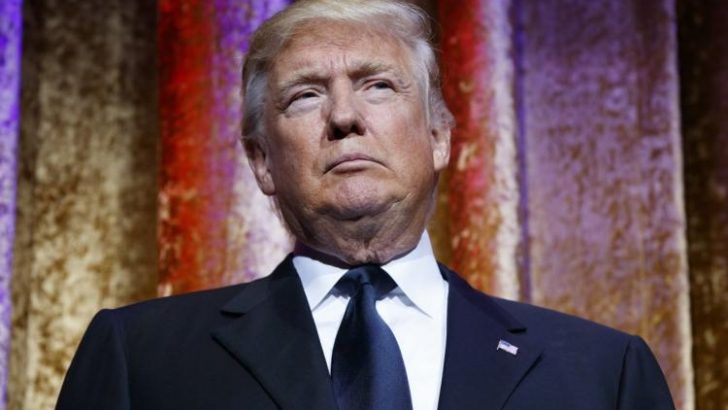“The clumsy nature of the campaign opened the way to more and more anti-establishment politicians”, writes Breda O’Brien
I was talking to a shop owner the other day, who told me that when he despairs at the state of Irish politics, he looks at American politics and feels much better.
Without wishing to plunge him back into despondency, there are two flaws with his theory. The first is, that what happens in American politics has a very big impact on Ireland, and the second is, what seems outrageous to us in American politics is already beginning to be felt in Ireland, albeit only as a faint echo.
President Donald Trump may have a scary ring, but President Ted Cruz, with his pledge to find and drive out ‘Tommy O’Malley from Cork’, the archetype of the Irish illegal immigrant, would certainly impact on Irish citizens currently living in the US.
Meanwhile, on the Democratic side, as a cynic has said, Hillary Clinton follows the golden rule – he or she who has the most gold, wins.
Planned Parenthood has pledged $20 million to senatorial candidates. They have promised over a million to their most eminent supporter, Hillary Clinton.
It may be a drop in the ocean to Hillary, but it is frightening nonetheless. One of Trump’s selling points is that he is rich enough not to need sponsors, and that therefore he is his own man.
Trump’s success is a logical development from a kind of politics that has become increasingly detached from the worries and fears of ordinary Americans.
Followers
Or perhaps ‘logic’ is an unfortunate choice of term, because his followers are not so much operating out of logic as gut instinct, when they cheer on ‘the Donald’.
For over three decades, American politics was dominated by polls and focus groups, testing and refining ideas to see how they would play.
Trump’s popularity stems in part from voters’ disgust with political stances which seem to boil down to: ‘There are my views, and if you don’t like them, I have others.’
In the recent election, the Fine Gael/Labour Government employed that kind of focus group research in a ham-fisted fashion. Obviously, they had been told that a vacuous slogan like “keep the recovery going” was enough to appeal to hard-pressed voters.
They showed themselves to be out of touch with the many thousands who do not feel a sense of recovery, particularly among those voters who never ‘partied’ in the first place.
And the clumsy nature of the campaign opened the way to more and more anti-establishment politicians. Some on the hard left are closer to anarchists than to left-wingers.
Returning to Trump for a moment, Jonathan Haidt, whose area of academic expertise is moral psychology, has done research with a colleague, Emily Ekins, as to what causes people to vote for particular candidates in the US primaries.
They draw on moral foundations theory, which was originally propounded by Haidt. In simple form, this proposes that there are six basic clusters of values, and that conservatives draw on all six, but that liberals focus primarily on individual liberty and care.
The six values are firstly, care and harm: people feel compassion for those who are vulnerable or suffering. The next is fairness and cheating: people constantly monitor whether others are getting what they deserve, and whether things are balanced. They shun or punish cheaters.
Liberty
The third is liberty and oppression: people resent restrictions on their choices and actions; they band together to resist bullies.
The fourth is loyalty and betrayal: people keep track of who are ‘their group’ and who are not; they enjoy tribal rituals, and they hate traitors.
The fifth is authority and subversion: people value order and hierarchy; they dislike those who undermine legitimate authority and sow chaos.
The last is sanctity and degradation: people have a sense that some things are elevated and pure and must be kept protected from the degradation and profanity of everyday life. (This foundation is best seen among religious conservatives, but it can be found on the left as well, particularly on issues related to environmentalism.)
Unsurprisingly, according to Haidt and Ekin’s research, Trump voters value authority, loyalty and sanctity, and rank care much lower. They value obedience while scoring poorly on compassion.
Basically, they feel that American society is going to hell in a handcart, and that Trump represents someone who is strong enough to keep the enemies out, whether it be via his ‘Great Wall of Mexico’ project or his threat to expel Muslims.
We can sneer at people who would seriously consider voting for Trump, but what happens when we look at our own recent Irish election. How many people voted on the basis of compassion for the unborn, the refugee, or the homeless?
Within political parties, how many voted to keep out people who had left their party for conscientious reasons? Interesting questions, I believe.


 Breda O'Brien
Breda O'Brien
